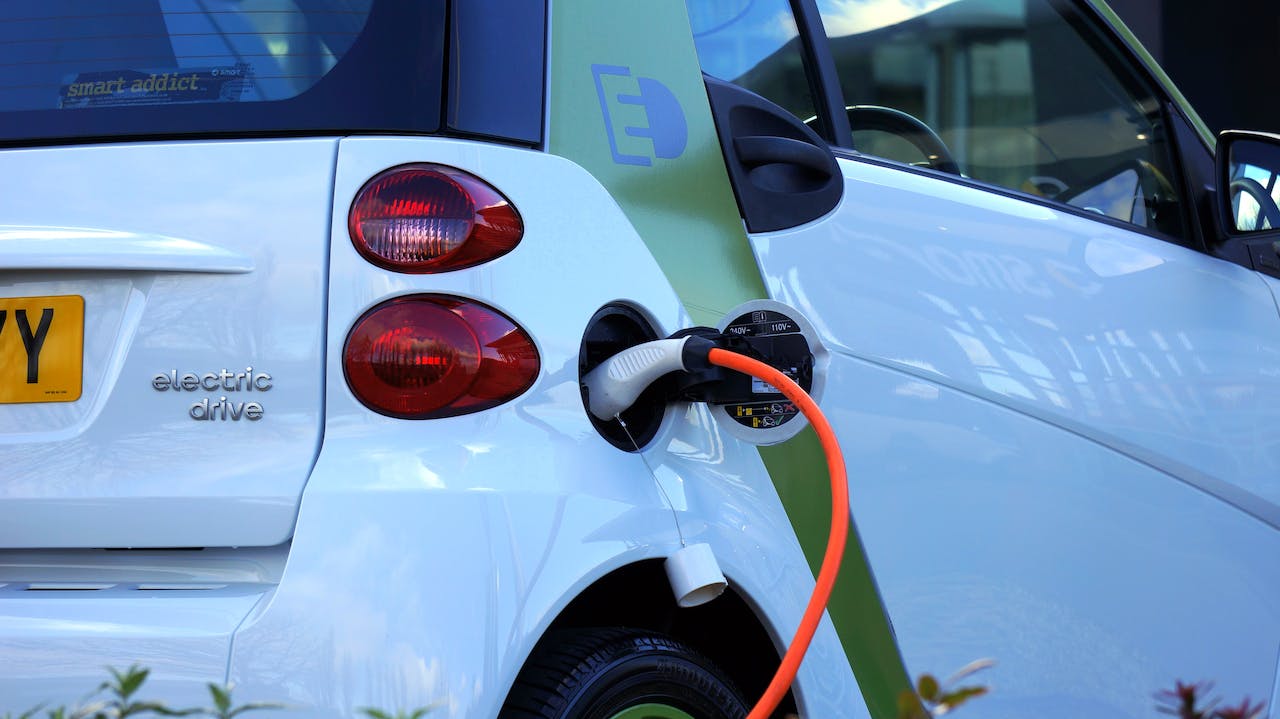
A brand new chapter within the electrical car (EV) sector has begun, as two Chinese car manufacturers lately unveiled sodium-ion–powered EVs, shifting away from lithium, the steel that has reworked the trade. This technological breakthrough has led to considerations about Western firms shedding their grip on sodium-ion battery innovation in China, which may lead to a aggressive drawback within the rapidly growing EV market. The swap to sodium-ion batteries for electrical automobiles may doubtlessly cut back prices and reliance on scarce lithium assets, providing important alternatives for the automotive trade. Nevertheless, as Chinese language firms cleared the path in creating and implementing this cutting-edge expertise, Western counterparts should put money into research and development to take care of their stance within the international EV market and never fall behind on this rising house.
Advantages of sodium-ion batteries
Introducing sodium-ion batteries in these new vehicles signifies a big departure from the extensively used lithium-ion batteries within the EV trade. Sodium-ion batteries supply a number of advantages over lithium-based batteries, such because the abundance of sodium, making them extra sustainable and reasonably priced. Moreover, these batteries sometimes carry out higher in excessive temperatures, making them an interesting selection for electric vehicles in various environments. Moreover, sodium-ion batteries have an extended life cycle, decreasing the necessity for frequent replacements and decreasing general environmental impression. This cutting-edge expertise additionally possesses faster charging capabilities, finally enhancing the consumer expertise and comfort for electrical car house owners.
Competitiveness within the EV market
The adoption of this expertise by Chinese language automobile producers has initiated discussions in regards to the competitiveness of the EV market, particularly about battery expertise. As China appears to be main the cost, considerations have emerged that Western firms are lagging in pursuing the potential benefits of sodium-ion batteries. These apprehensions are legitimate, contemplating {that a} shift to sodium-ion batteries may doubtlessly decrease manufacturing prices and enhance the general effectivity of electric vehicles. Subsequently, Western firms should put money into analysis and growth to maintain up with the competitors, or they threat falling behind in a quickly rising trade that has the potential to reshape the automotive market.
Adapting to technological enhancements
As the worldwide demand for electrical automobiles is anticipated to soar within the coming a long time, Western producers should act promptly to embrace and alter to those technological enhancements to take care of their place within the constantly rising EV market. Failure to adapt to the altering panorama may lead to important losses as extra environmentally-conscious shoppers shift their purchases in the direction of eco-friendly automobiles. Corporations that embrace innovation and take part within the international shift in the direction of electrical automobiles will finally profit from model loyalty, reduced environmental impact, and elevated aggressive benefit within the increasing market.
Sustainable practices will necessitate funding in analysis and growth, strategic collaborations, and a dedication to sustainable practices within the quest for cleaner, extra eco-friendly transportation choices. More and more, firms and governments are recognizing the significance of those efforts, as demonstrated by the rise of electrical car adoption, the push for improved public transit, and the event of modern transportation applied sciences.
The latest unveiling of sodium-ion–powered electrical automobiles by Chinese language automobile producers has underscored the necessity for Western firms to maintain tempo with developments in battery innovation. This breakthrough in sodium-ion battery expertise presents a compelling different to conventional lithium-ion batteries, providing advantages similar to cost-efficiency and a wider availability of assets.
Featured Picture Credit score: Mike Chook; Pexels
Trending Merchandise




![CRATIX 360°Rotatable and Retractable Car Phone Holder, Rearview Mirror Phone Holder [Upgraded] Universal Phone Mount for Car Adjustable Rear View Mirror Car Mount for All Smartphones](https://m.media-amazon.com/images/I/410N7NZtIjL._SS300_.jpg)





![Car Phone Holder Mount, [Military-Grade Suction & Super Sturdy Base] Universal Phone Mount for Car Dashboard Windshield Air Vent Hands Free Car Phone Mount for iPhone Android All Smartphones](https://m.media-amazon.com/images/I/51KK2oa9LDL._SS300_.jpg)
